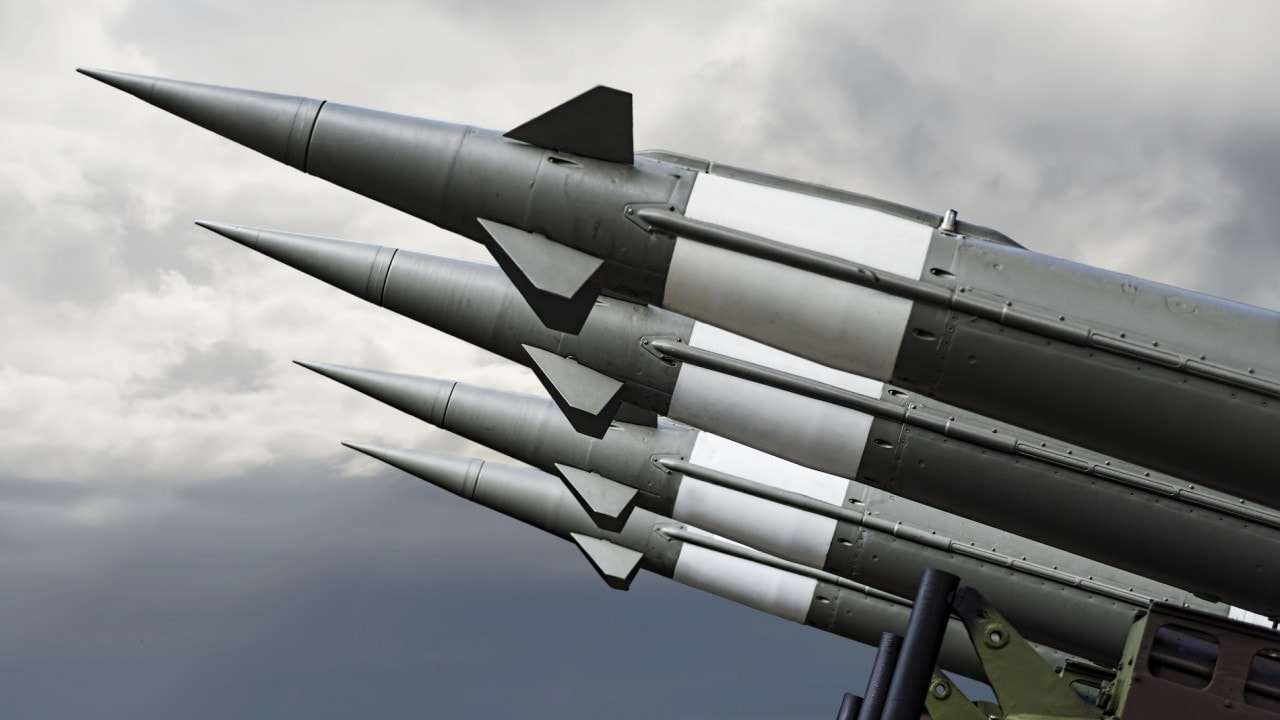|
Media outlets reported on the North Korean missile launch using dramatic, opinion-based language. But the facts of the situation may be concerning enough on their own without any added drama. So, let’s strip away the spin. Here are several sentences from the media coverage, with the spin marked in red. Below each, you’ll find a version with only facts. Compare them and consider how the spin affects the information. Which informs you better? Which alarms you more?
1. TensionsWith spin: North Korea fired an ICBM on Wednesday, “ending a more than two-month hiatus from Pyongyang and threatening to ramp up tensions with the U.S. and in the region.” (The Wall Street Journal) The missile launch is “a move that will escalate already high tensions with Washington.” (Associated Press) Without spin: North Korea fired an ICBM on Wednesday after ten weeks of not firing missiles. AP and the Journal include dramatic and alarming language, and they don’t specify what the word “tensions” means. 2. Challenge and DefianceWith spin: “North Korea Fires a Ballistic Missile, in a Further Challenge to Trump” (The New York Times) North Korea’s missile “def[ied] President Trump’s warnings to halt its weapons program.” (The New York Times) Without spin: North Korea fired a ballistic missile. President Trump has told the country to stop, and if it doesn’t the U.S. would “destroy” the country. It’s true that Trump has told North Korea to stop launching missiles, and it may be defying that order. But it’s the Times’ own interpretation to suggest this is definitely North Korea’s intent. The country could have reasons for the launch that are unrelated to the U.S. president. It would be more precise to just outline what has happened so far and what the exchanges have been between the countries. 3. PressureWith spin: “So far, the pressure has failed to get North Korea’s totalitariangovernment, which views a nuclear arsenal as key to its survival, to return to long-stalled international negotiations on its nuclear program.” (AP) Without spin: The U.N. and countries such as the U.S. have imposed sanctions on North Korea, and the North Korean government has not returned to international negotiations on its nuclear program. What exactly does “pressure” mean here? The term is vague and could dramatize. It would be more informative to say exactly which actions were taken — such as sanctions — and what impact they’ve had. As the Knife has pointed out before (such as here, here and here), spin in the news coverage of North Korea does not help us be better informed. The added drama may instead inspire more fear, distract from critical thinking and cloud our decision-making. Comments are closed.
|
Jens Erik GouldJens is a political, business and entertainment writer and editor who has reported from a dozen countries for media outlets including The New York Times, National Public Radio and Bloomberg News Archives
February 2018
Categories
All
|

 RSS Feed
RSS Feed